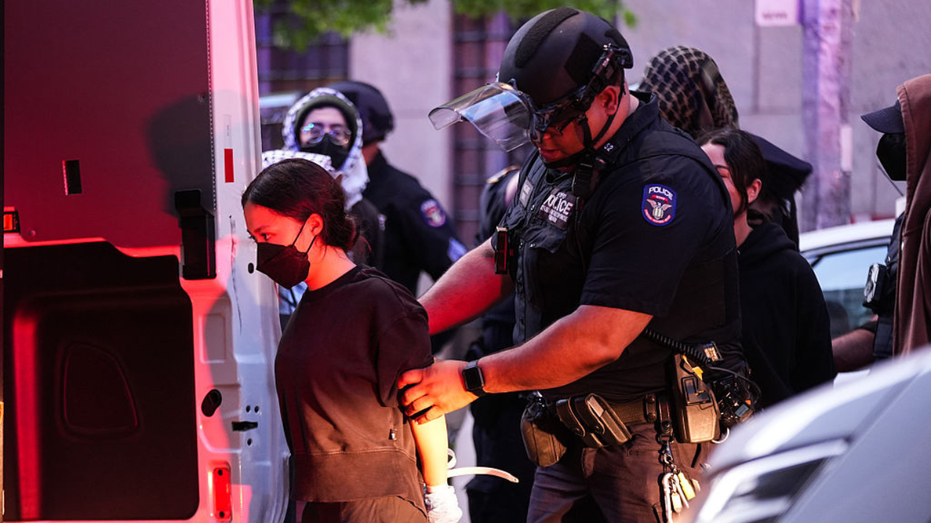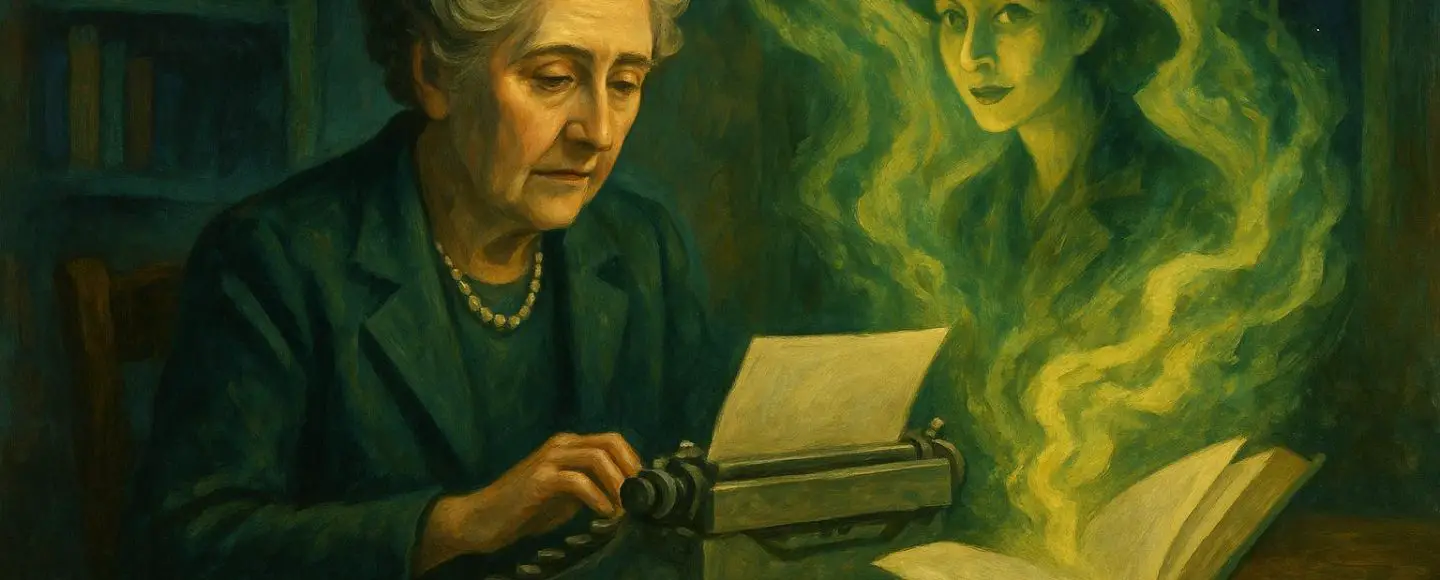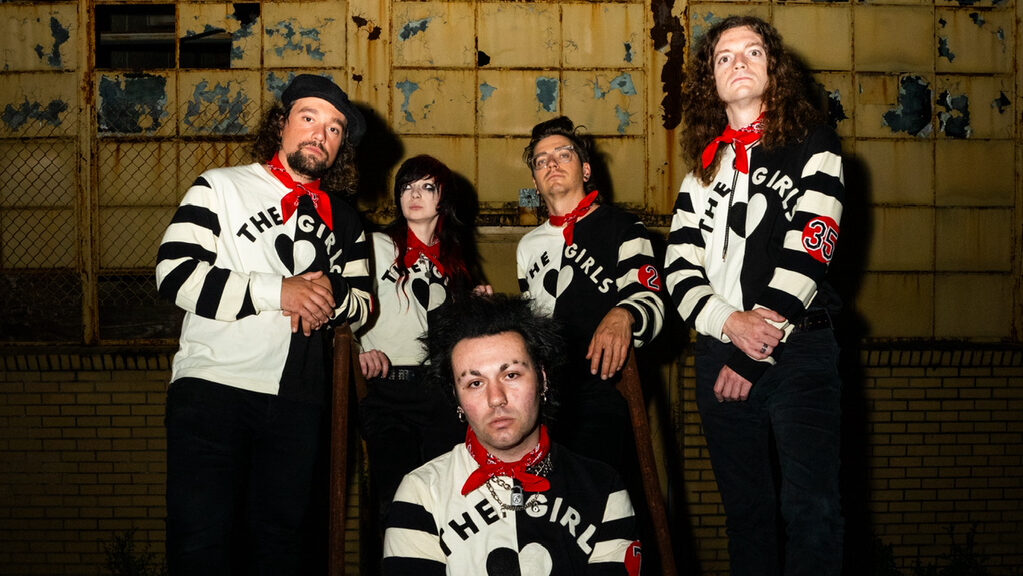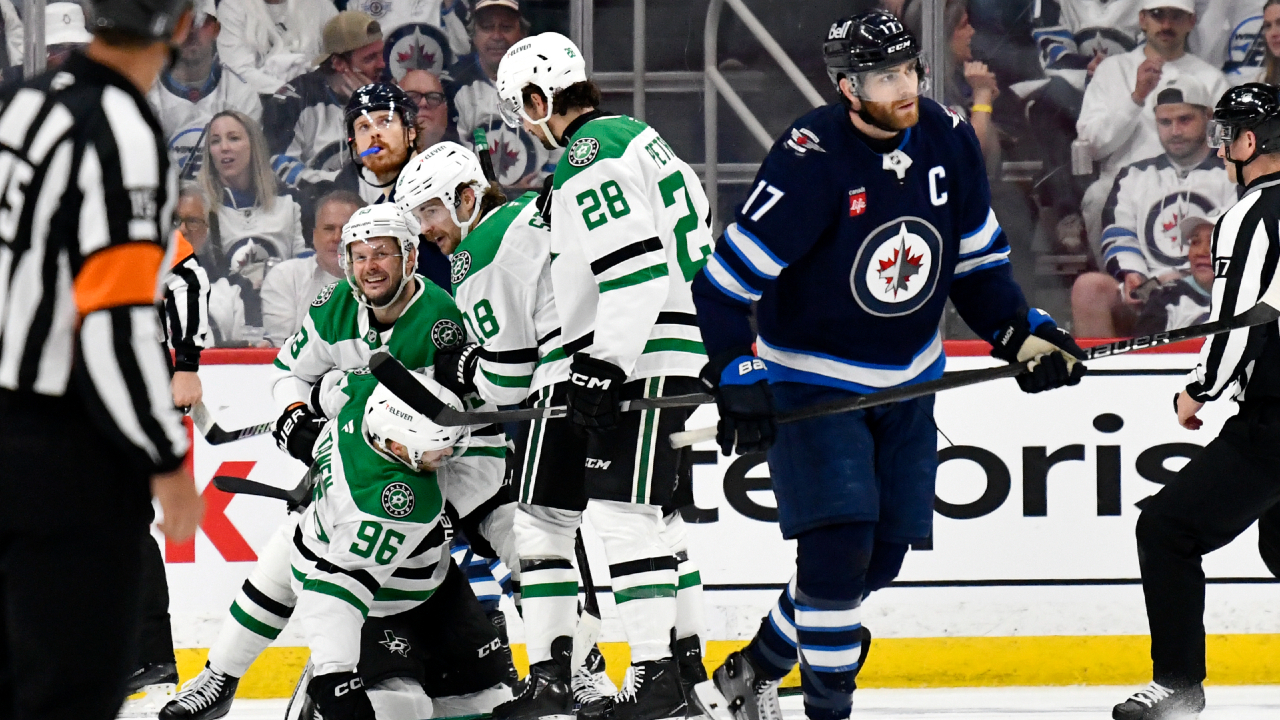Crash at 20: is it the worst best picture winner of all time?
Paul Haggis’s interconnected drama about racism in Los Angeles remains one of the most embarrassing Oscar decisions ever madeIt doesn’t take long for Paul Haggis’s Crash to end up on the shortest of shortlists for the worst film ever to win best picture at the Oscars, maybe the single worst in the color era since 1954’s Around the World in 80 Days. At the time, it was a dark-horse favorite to upset the widely acclaimed Brokeback Mountain, premiering a full year earlier at the Toronto film festival before riding an unexpected cultural wave to awards-season glory. Now 20 years later, it feels like a “you had to be there” moment that’s hard to explain, because the movie itself is so obviously rancid that it suggests few answers on its own. The job is probably better suited to cultural anthropologists than film critics.Nonetheless, Haggis’s ensemble piece about racial animus in Los Angeles seems to have struck a chord with, well, the many Academy voters from Los Angeles who reside in that lumpy melting pot. Haggis was also capitalizing on the everything-is-connected trend in arthouse screenwriting, pulling off a clunkier version of the narrative engineering that brought films such as Paul Thomas Anderson’s Magnolia and Alejandro González Iñárritu’s Amores Perros to life. By linking a little over a day’s worth of incidents together, Haggis seized on the potentially powerful idea of racism as a viral scourge in the city, infecting everyone it touches. Instead it plays like a po-faced cover of the Avenue Q hit Everyone’s a Little Bit Racist. Continue reading...

Paul Haggis’s interconnected drama about racism in Los Angeles remains one of the most embarrassing Oscar decisions ever made
It doesn’t take long for Paul Haggis’s Crash to end up on the shortest of shortlists for the worst film ever to win best picture at the Oscars, maybe the single worst in the color era since 1954’s Around the World in 80 Days. At the time, it was a dark-horse favorite to upset the widely acclaimed Brokeback Mountain, premiering a full year earlier at the Toronto film festival before riding an unexpected cultural wave to awards-season glory. Now 20 years later, it feels like a “you had to be there” moment that’s hard to explain, because the movie itself is so obviously rancid that it suggests few answers on its own. The job is probably better suited to cultural anthropologists than film critics.
Nonetheless, Haggis’s ensemble piece about racial animus in Los Angeles seems to have struck a chord with, well, the many Academy voters from Los Angeles who reside in that lumpy melting pot. Haggis was also capitalizing on the everything-is-connected trend in arthouse screenwriting, pulling off a clunkier version of the narrative engineering that brought films such as Paul Thomas Anderson’s Magnolia and Alejandro González Iñárritu’s Amores Perros to life. By linking a little over a day’s worth of incidents together, Haggis seized on the potentially powerful idea of racism as a viral scourge in the city, infecting everyone it touches. Instead it plays like a po-faced cover of the Avenue Q hit Everyone’s a Little Bit Racist. Continue reading...








































































